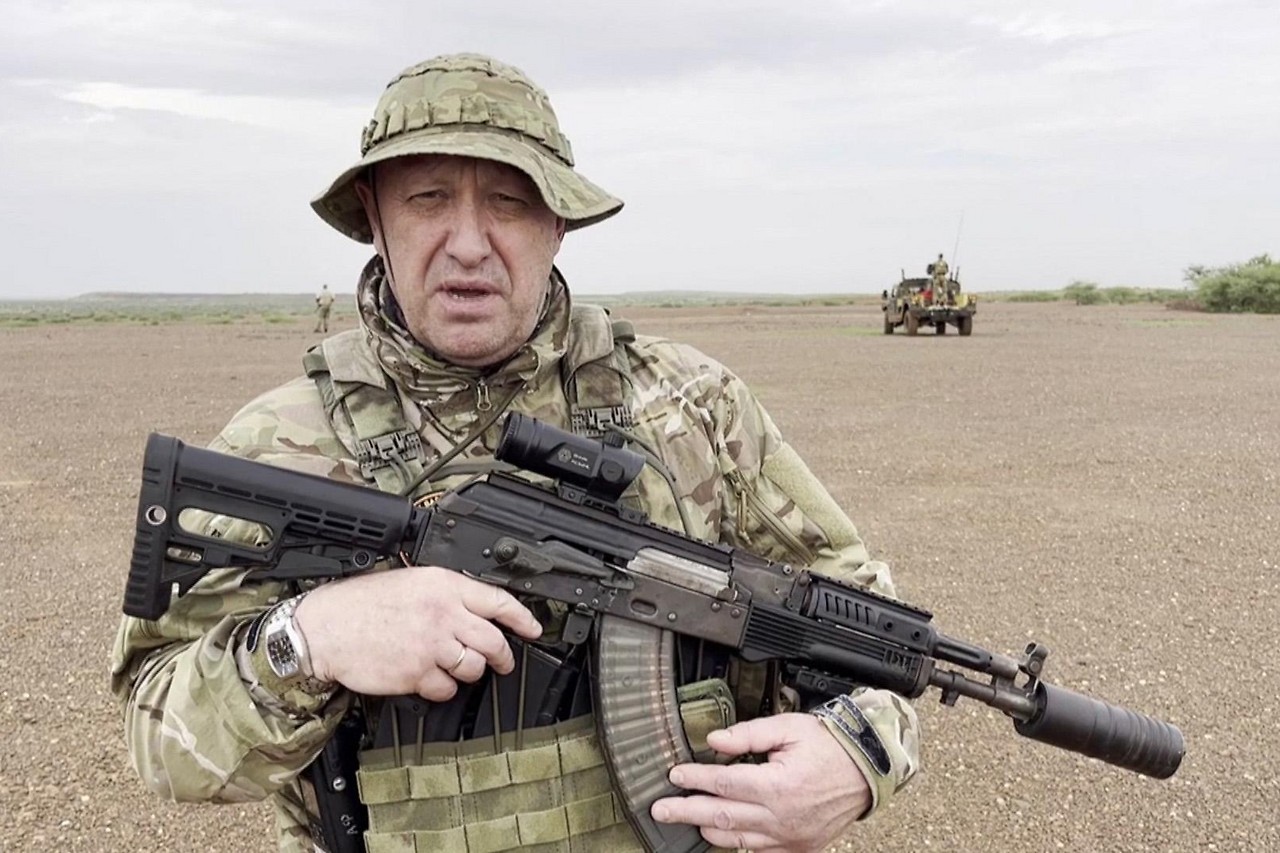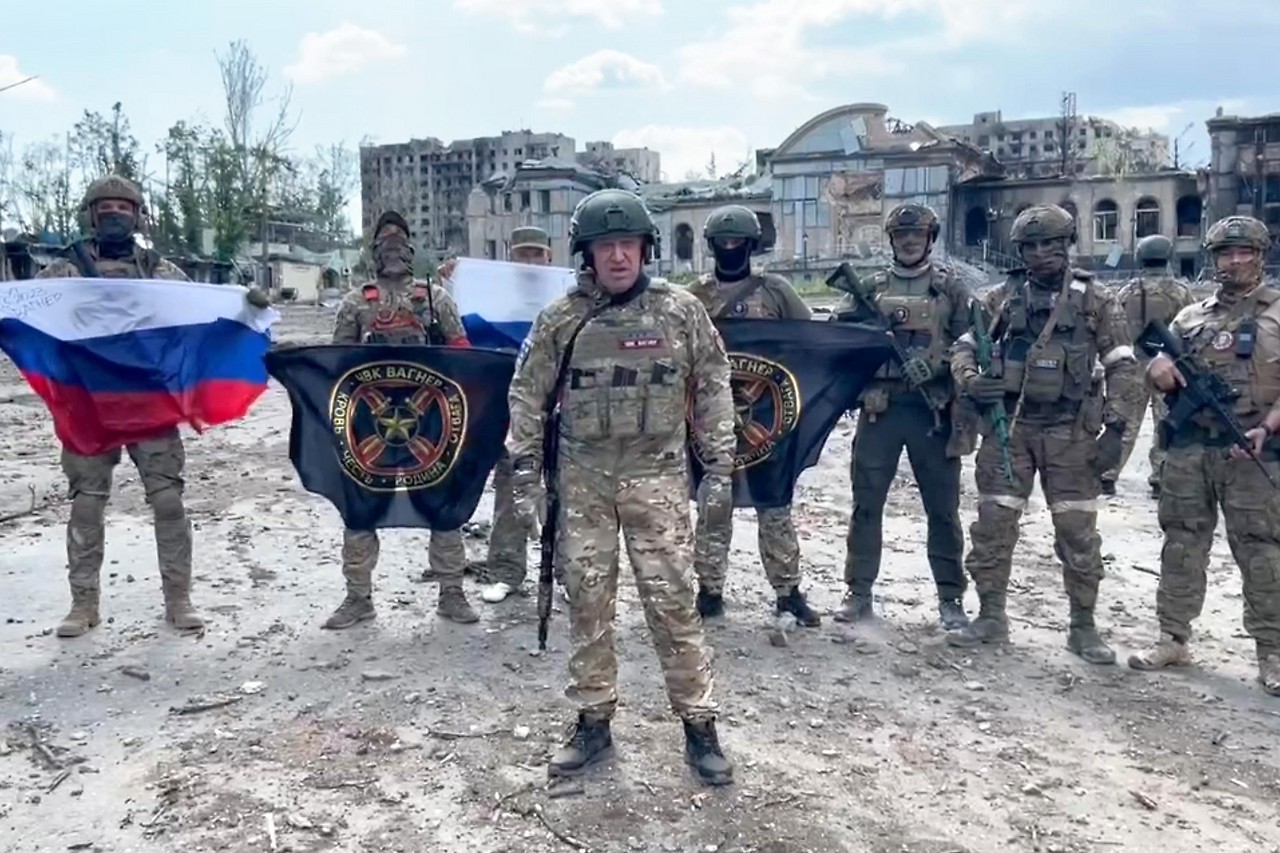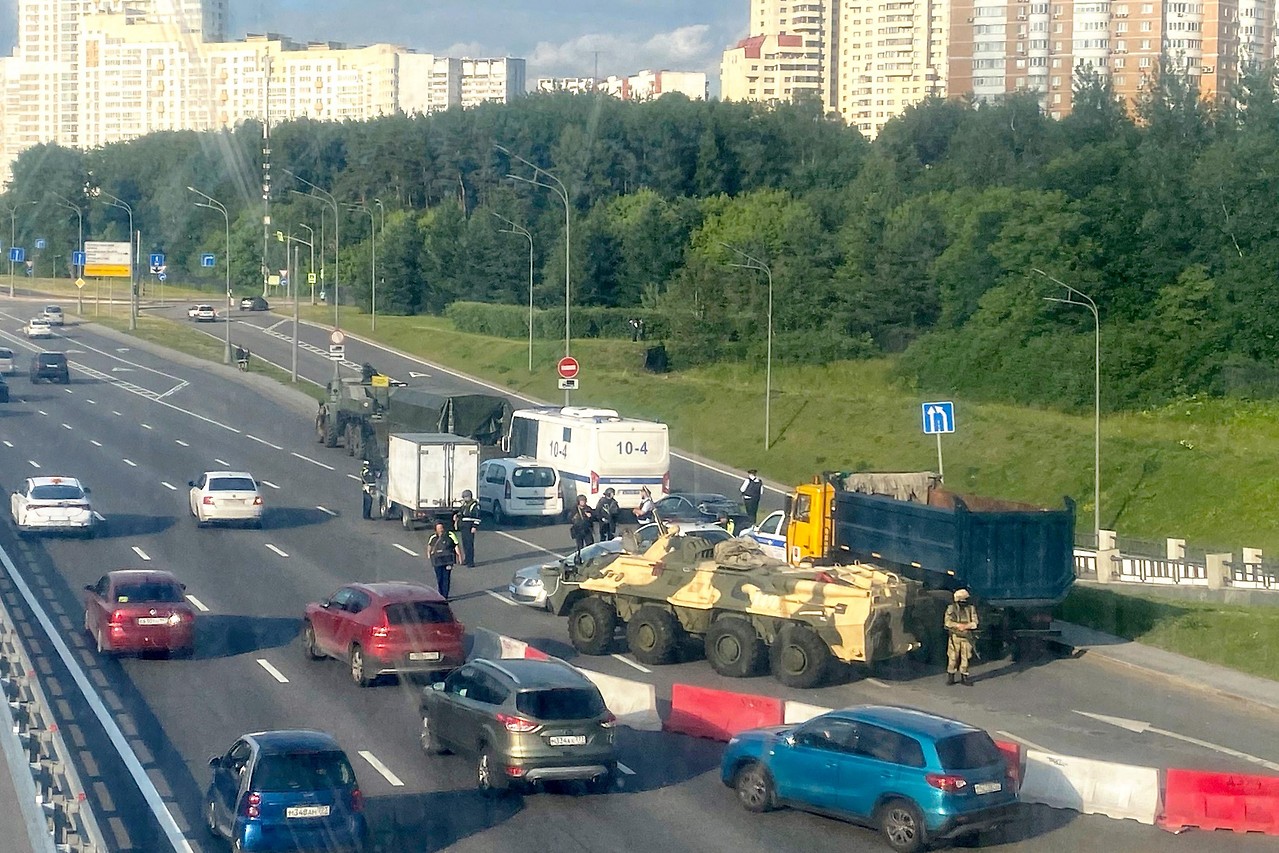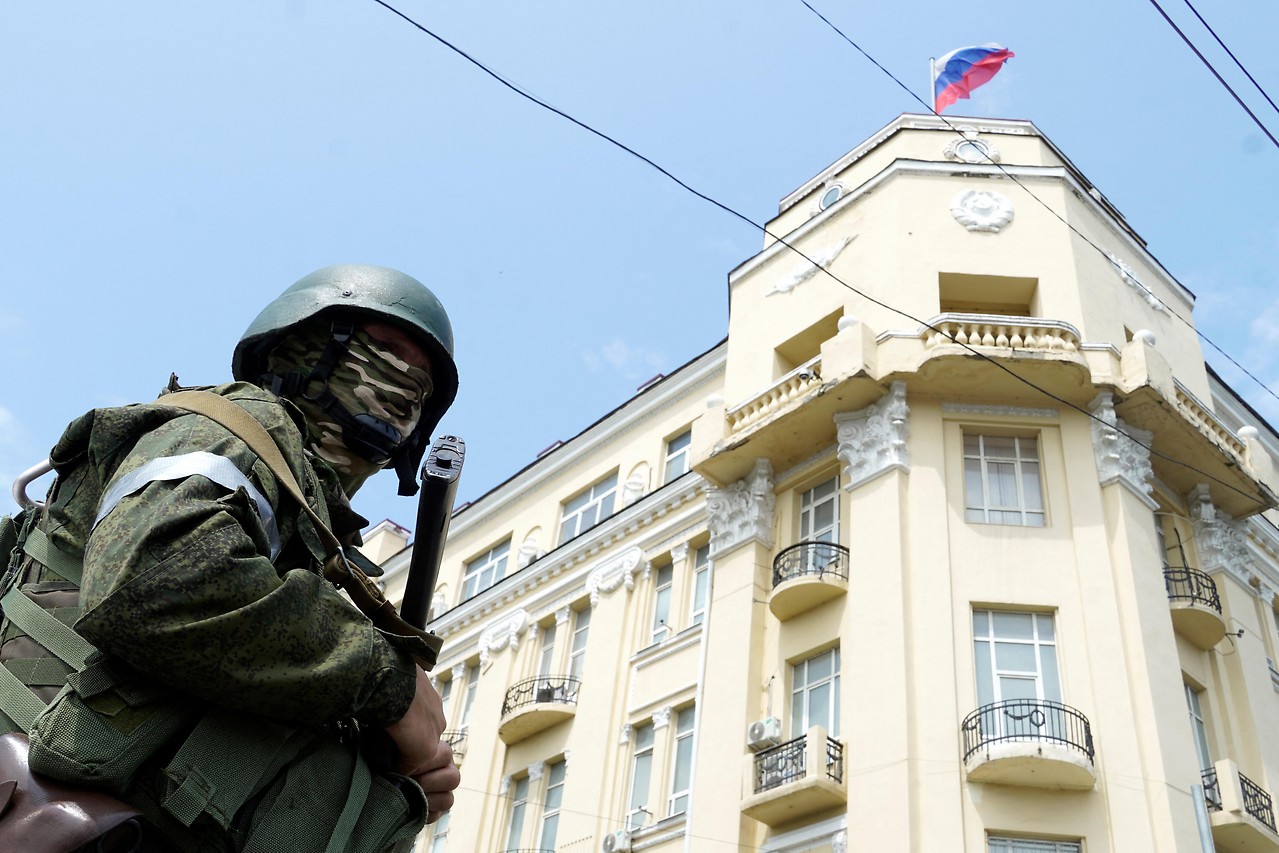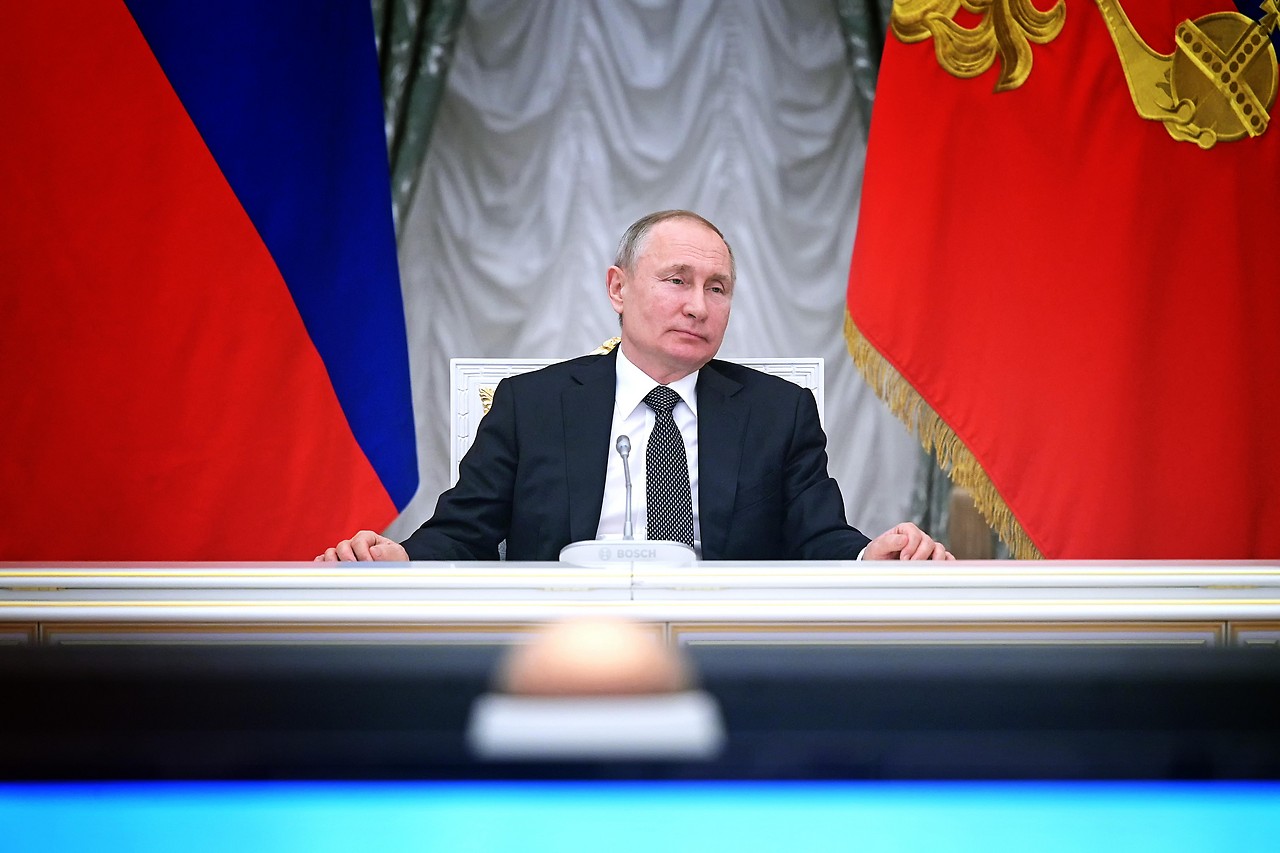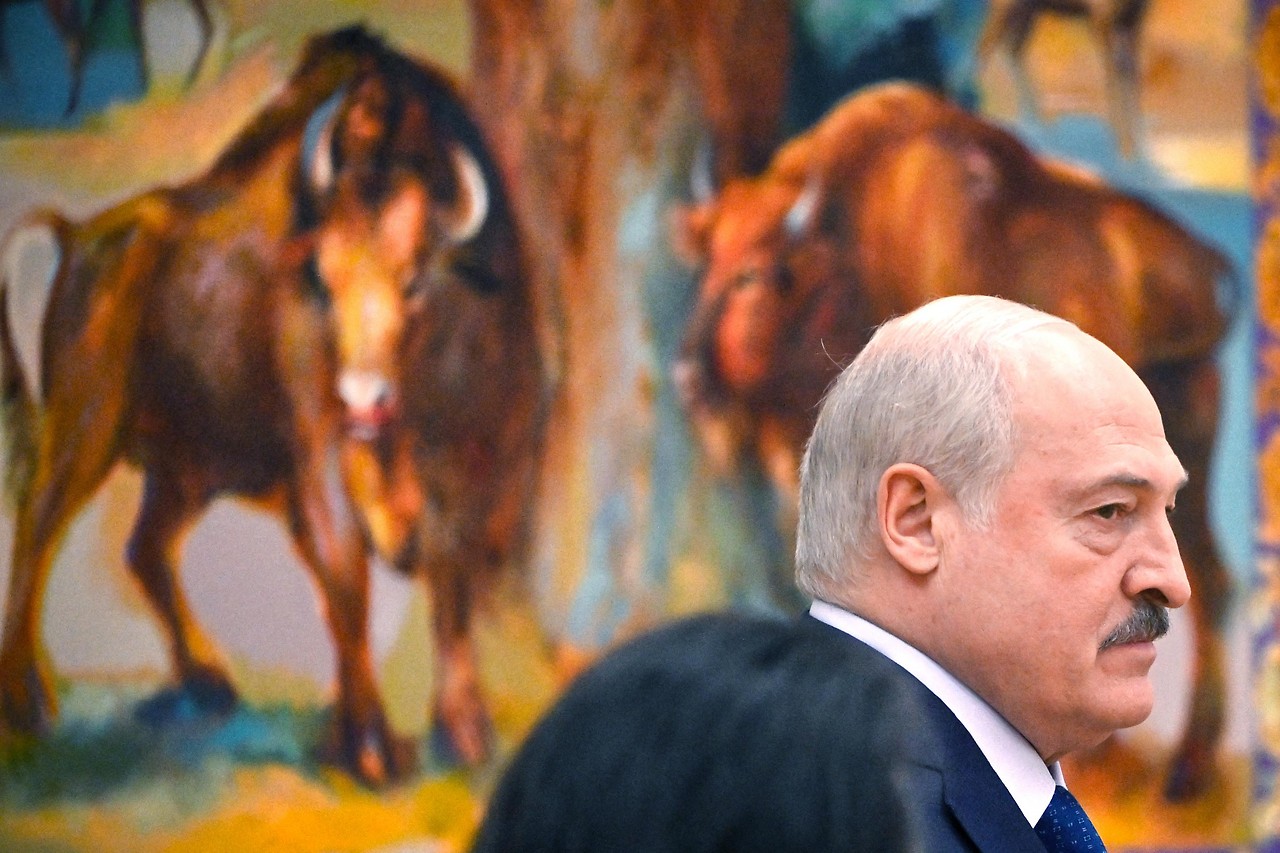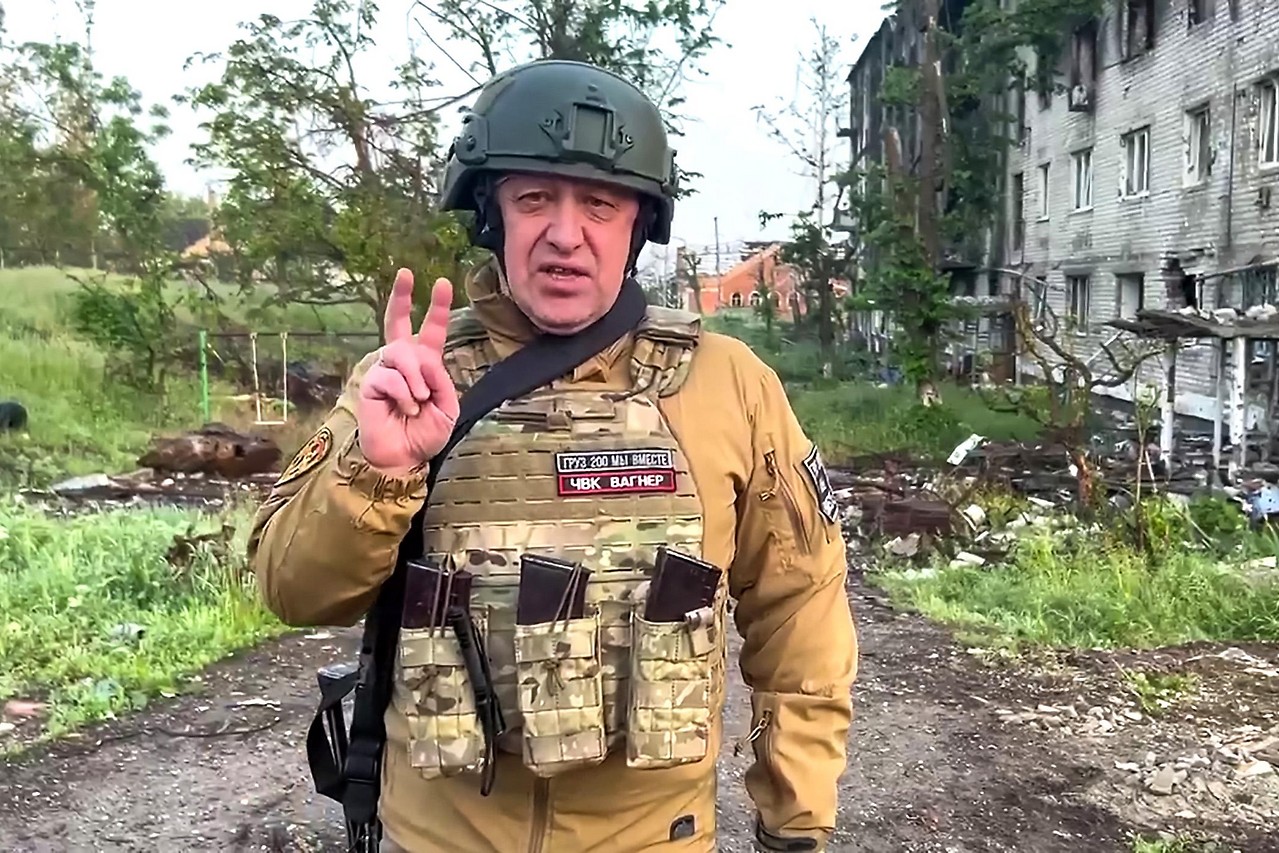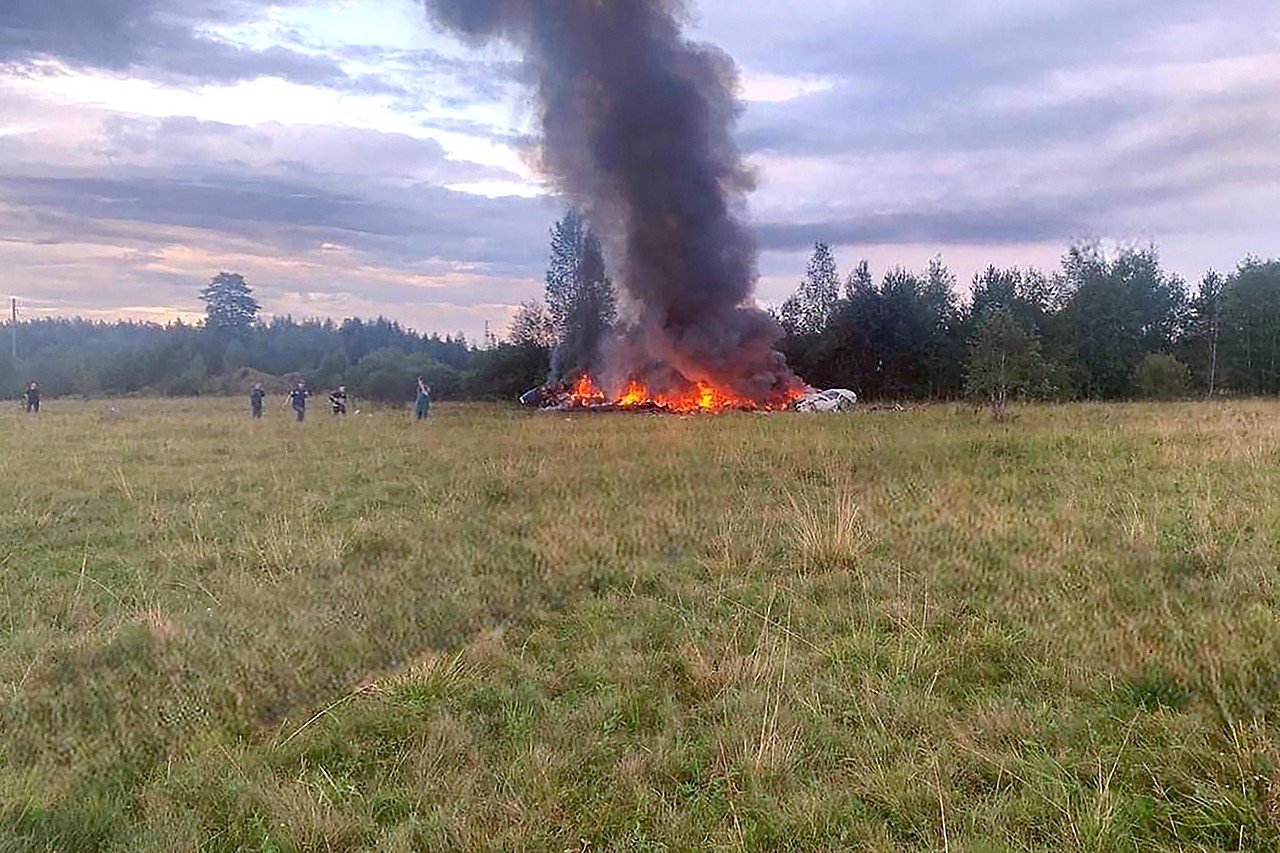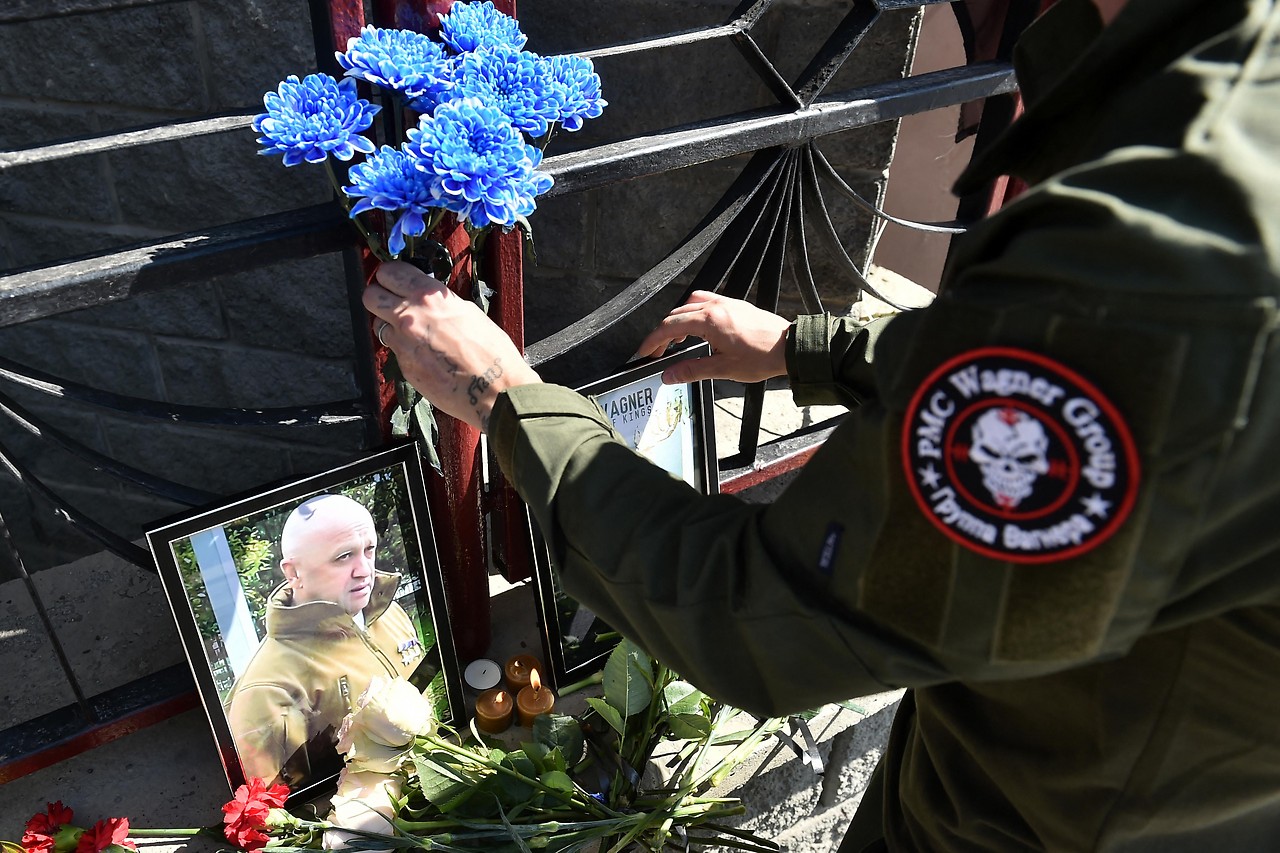“We survived. We are not defeated. We will do everything to win this year.” Ukrainian President Volodymyr Zelensky addressed his compatriots with these words a year ago on February 24. Messages like this have become daily bread for Zelensky and the people; every evening the president provides online updates on the war and hopes. Trying to keep up.
However, the actual situation gives little reason for this. Experts agree: Ukrainian and Russian militaries have maneuvered themselves into a stalemate, but Russia is on the receiving end. The Kremlin is playing for time when supplies to Ukraine are slow to reach their destination.
shock and resistance
The first year of the war was primed with shock at how this could happen. Despite the annexation of Crimea ten years ago, which violated international law, no one predicted an attack on Ukrainian territory. Russia failed in its blitzkrieg plan to conquer Ukraine.
Zelensky, who should have been captured at the start of the fight, became a warrior. Ukraine became surprisingly defensive, but the massacres at Bucha, the week-long battle for the Azov-Stal steelworks in Mariupol, and the annexations of the Donetsk and Luhansk “people's republics” sapped mental and physical strength.
Persistence slogans dominate
The second year of the war was marked by slogans of perseverance. In the spring of last year, invasion forces captured Bagmuth. A good 70,000 people lived here, but not long after, the city in Donetsk Oblast was razed to the ground in bloody fighting. Kiev was bombarded at night during the spring, while Russia heavily attacked Ukrainian infrastructure.
The collapse of the Kagovka Dam, which turned the Dnipro into a large lake, was a severe event for the entire country. The associated hydroelectric plant was destroyed, large volumes of water flowed into the Dnipro and flooded large parts of the Kherson region.
Both warring parties blamed the other. According to the United Nations, the dam's destruction had dire consequences for thousands of people on both sides of the front, as well as animals and the environment.
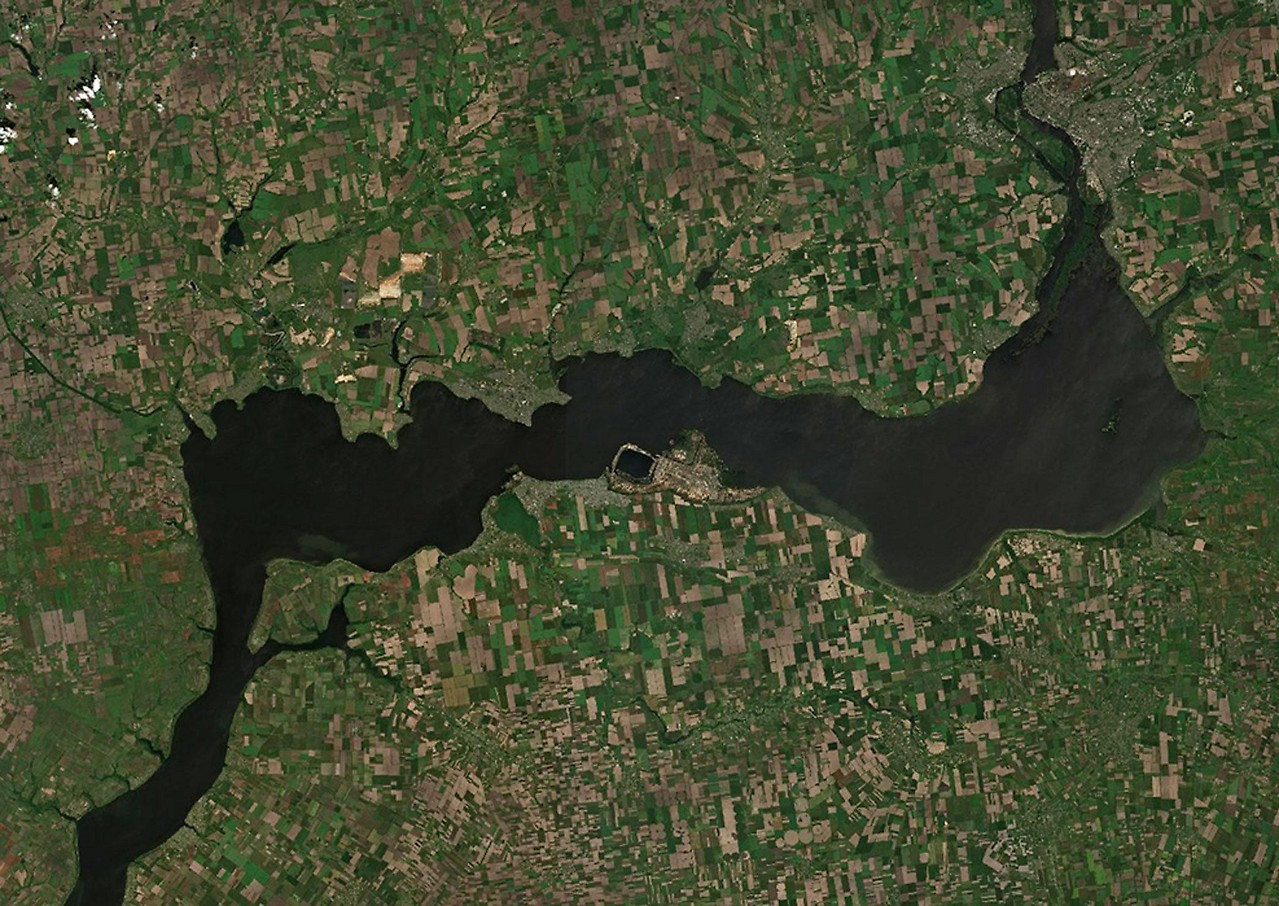
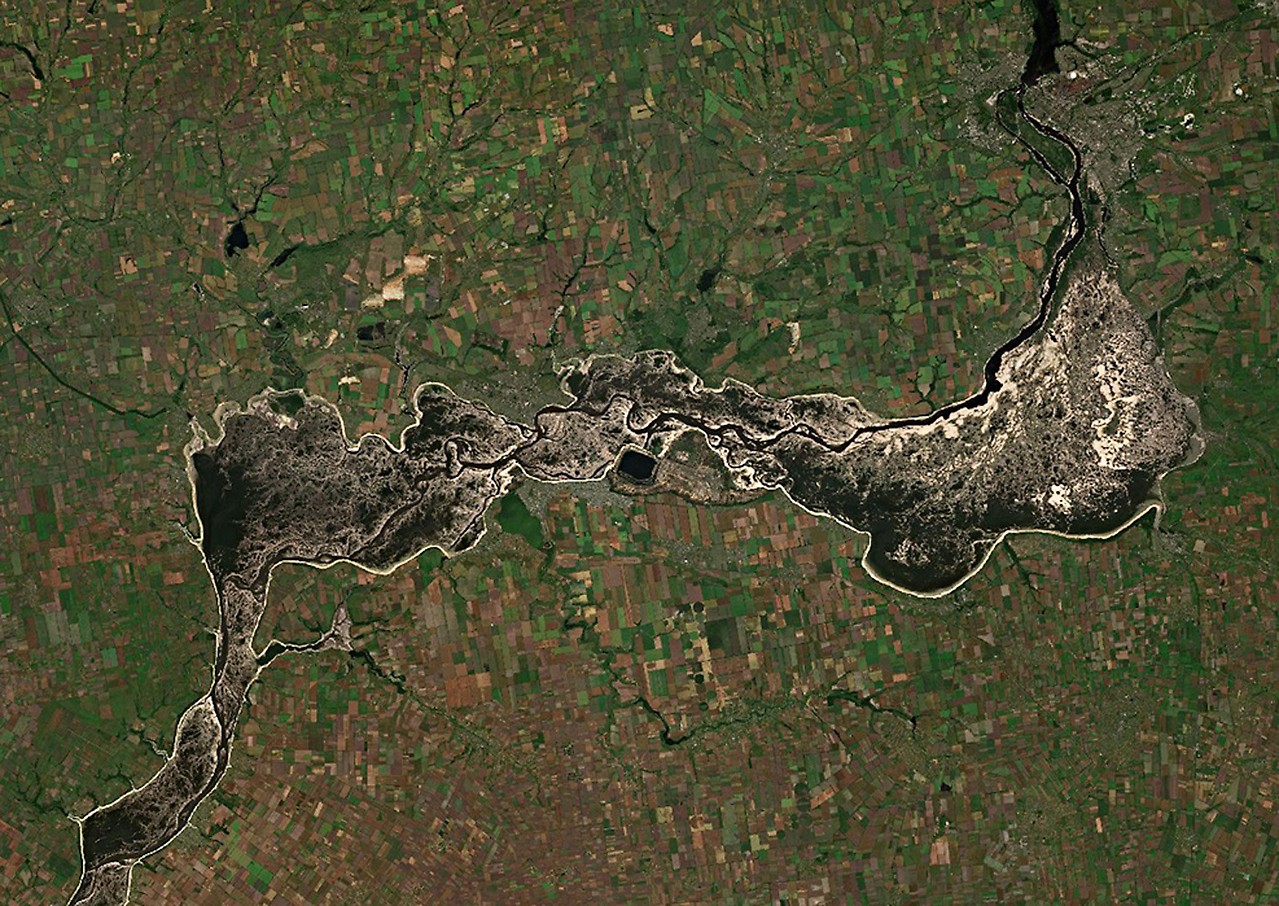
A mercenary rebel
While Ukraine may not have the fortunes of war, at least support from an unexpected direction caused a stir: In the summer, Yevgeny Prigozhin, head of the popular Wagner mercenary force, had been publicly critical of the Russian military leadership for months before. , rebelled. He wanted to lead his Wagner mercenaries on a “march of justice” towards Moscow. The mercenaries took Rostov-on-Don unopposed, where the Russian military has its headquarters for the war in Ukraine.
However, a few hundred kilometers from Moscow, Prigozhin stopped the rebellion, with which he wanted to remove the official military leadership. Belarusian President Alexander Lukashenko later mediated between Putin and Prigozhin, and the mercenary leader returned to Russia shortly after going into exile in Belarus. Prigogine's freedom did not last long. He died in a plane crash on August 23 – under unclear circumstances.
War
Ukraine's long-awaited counteroffensive began in early summer, but it never really got off the ground. In autumn, Russian forces launched their strongest offensive since earlier this year, targeting Odessa, Kherson and Zaporizhia in southern Ukraine. This means that Russia completely blows the wind out of a counterattack. Following the offensive counter-offensive, the front has been in place for months.
From this point on, experts spoke of a positional war or that Ukraine had bad cards. The Western allies slowly grew weary of the war and arms supplies stopped. The US has been unable to agree to new aid to Ukraine due to internal political conflicts.
The European Union provides perspective
However, a ray of hope for Ukrainians came on November 8, when the EU Commission recommended accession negotiations. In December, it was decided to open accession negotiations in Brussels. Ukraine's true accession to the EU is still a long way off, but the country has new opportunities for the future.
The Russian military continued to hit Ukraine with drone strikes at the end of the year, repeatedly hitting residential buildings. Avdiivka, a small town in the Donetsk region, was completely destroyed. After months of fighting, the city finally fell to Russia earlier in the year. A fifth of the country is now occupied by Russian troops.
Conflict with the military leadership
At the end of the failed counteroffensive, patience seemed to be running out in Kiev, and conflicts between the political and military leadership became apparent. After months of speculation, Zelensky reshuffled the military leadership and replaced Army chief Valery Zalushny with Oleksandr Chirsky, who had been the head of the ground forces until then. It remains to be seen whether Ukraine can achieve the expected victory in the third year of war. According to Colonel Markus Reisner of the Austrian army, Ukraine's ammunition shortage could soon end the battlefield stalemate in favor of Russia.
Added to this is the fatigue of the Ukrainian soldiers. As demand is high, opportunities for advancement are low. Relatives are increasingly venting their anger in demonstrations, demanding the right to rotation, sacking long-serving staff.
Newly released UN figures show the extent of the destruction caused by two years of war. Since the start of the Russian invasion, more than 10,200 civilians have been killed and more than 19,300 injured in Ukraine – according to official figures. 6.5 million Ukrainians fled to other European countries and 3.7 million within Ukraine.
